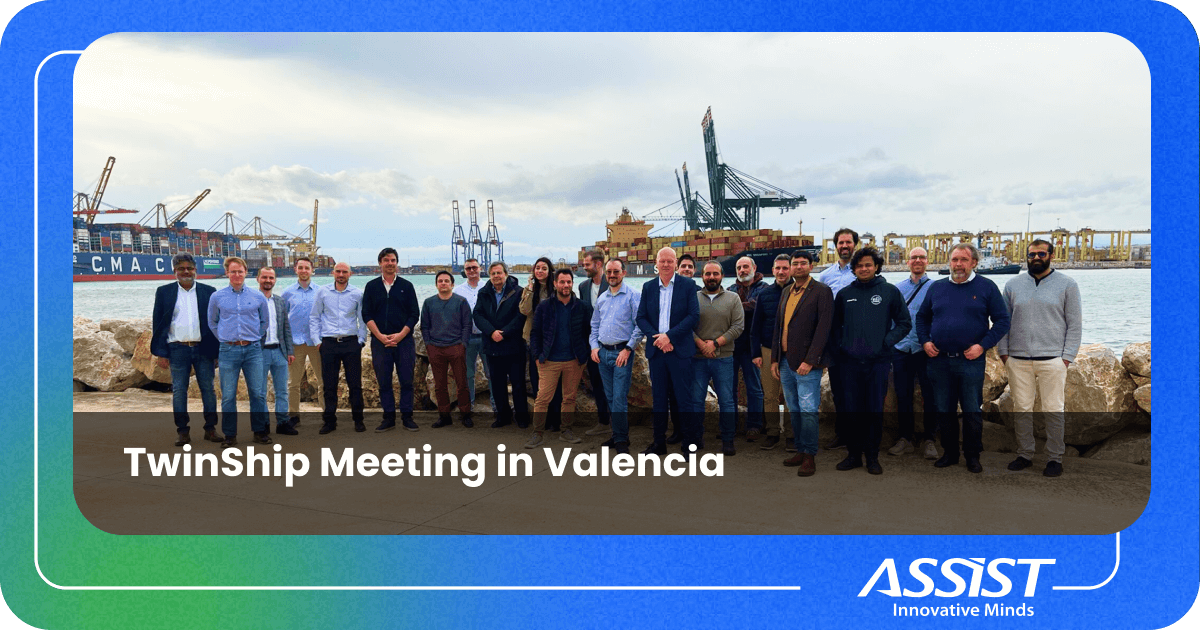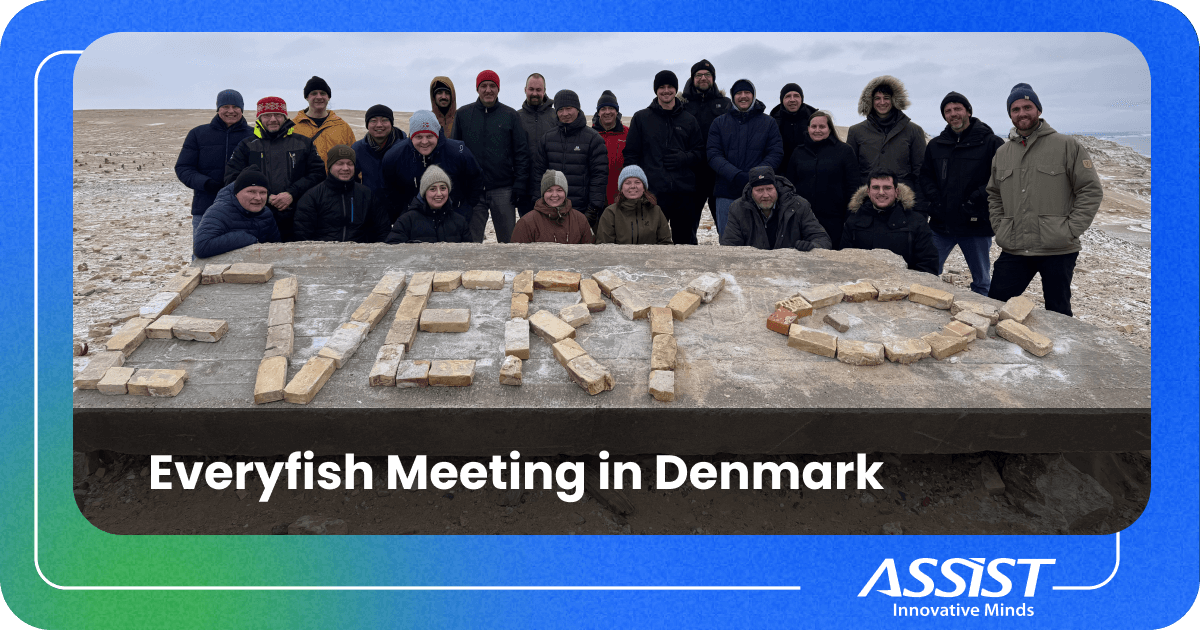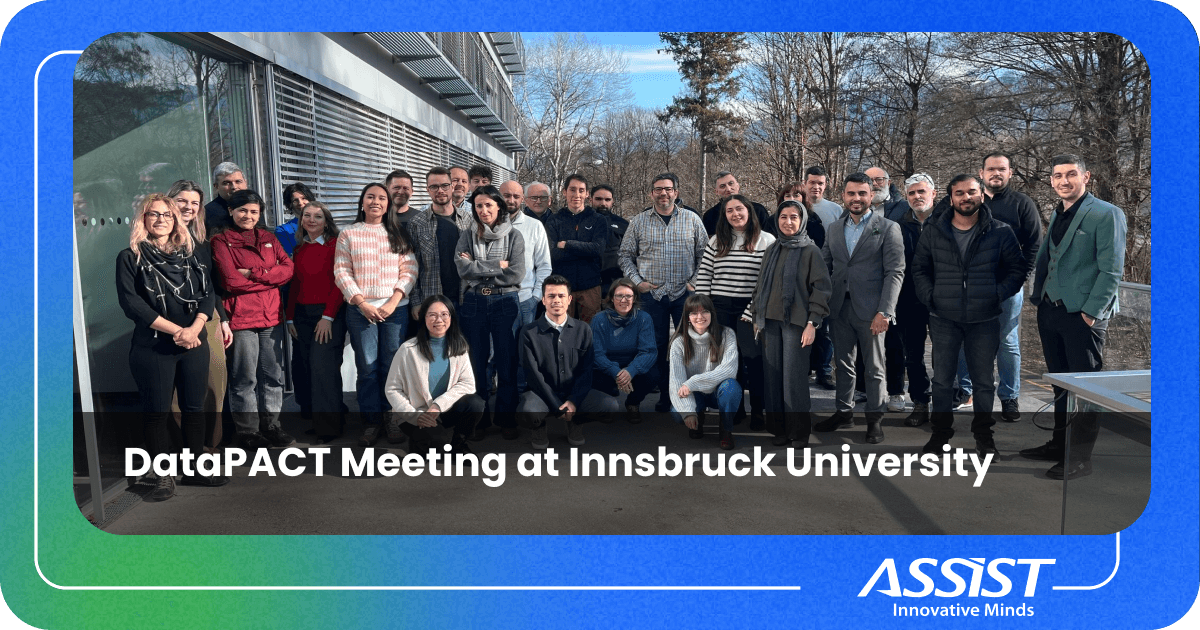Career Tips For Interns and Experienced Engineers from Gabriel Tironeac, VP of Innovation at ASSIST Software
For new developers stepping into tech, the road to meaningful work can seem full of unknowns. It may even be daunting. However, changing your focus as a seasoned software developer can be even harder. Who would have thought?
Gabriel Tironeac, VP of Innovation and founder of ASSIST Software's Interactive Technologies Department, recently shared his journey with students during Open Doors ASSIST 2024. He highlighted the core value of flexibility and how it has powered innovation throughout his career. However, we've noticed that his story does not apply only to students.
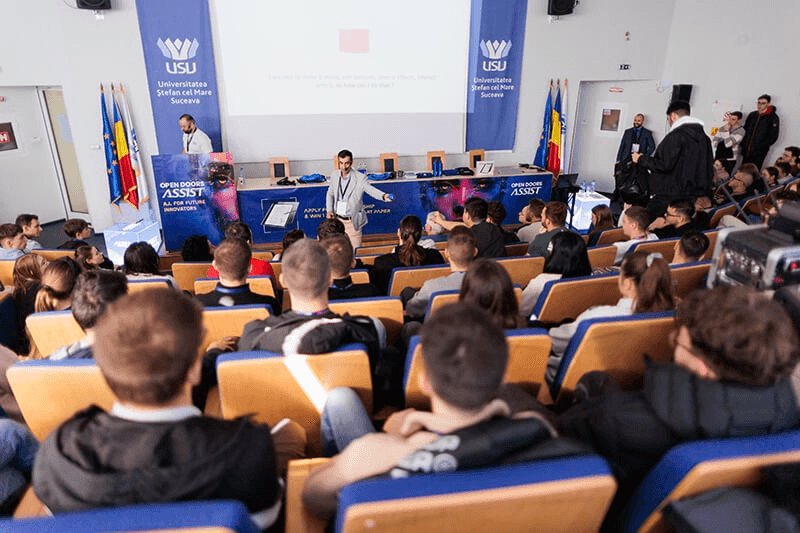
As a seasoned software engineer, moving away from the familiar might be the perfect choice, especially if you're ready for a new challenge in custom software.
Flexibility: Essential for Staying Ahead
"Many of you might think it's a straight line—you have a target, and you just go toward it," Gabriel explained, describing how often plans change. While predictable paths can be tempting, real innovation demands adaptability. He urges developers to "stop sometimes and see what's around you. New opportunities arise at every step."
Flexibility is a strategic approach for a successful career. ASSIST's engineers are encouraged to explore and adapt to meet client needs with customized solutions, from AI-driven predictive analytics to fleet management tools. Working across healthcare, finance, and logistics sectors allows one to gather knowledge about different industries and the best tech that fits them.
- Tip for Experienced Developers: ASSIST doesn't see flexibility as a replacement for expertise but as a means to maximize it. If you're looking for a place where your experience is valued but your approach is encouraged to evolve, you'll need a company with an ideal growth environment and mindset.
Embracing Failure as a Step Toward Growth
According to Gabi, learning cannot exist without errors. "Growth means embracing the occasional stumble," he reflects. For example, when his team tackled a demanding project, early challenges led to innovative solutions and valuable lessons, thanks to the team's perseverance and curiosity.
ASSIST's culture values calculated risks, especially in high-stakes AI fields like predictive healthcare and data automation. Experienced developers will find a work environment that understands the value of experimenting and even failing as part of delivering transformative results.
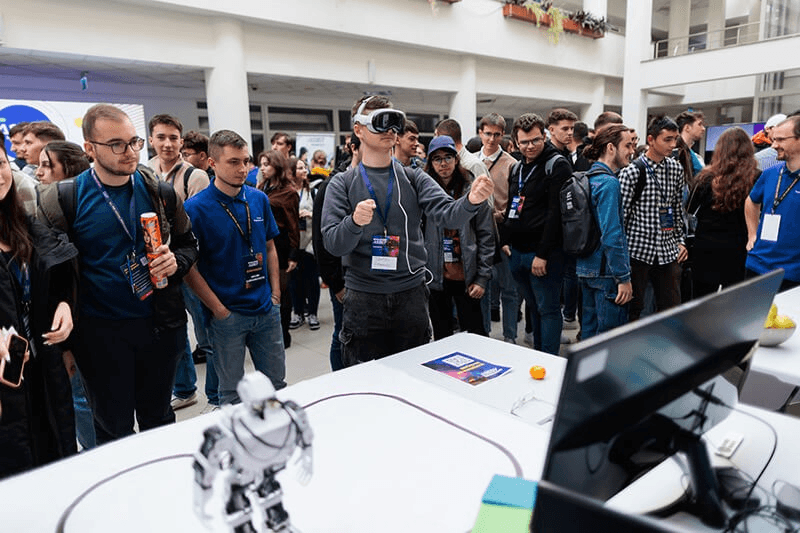
- Tip for Experienced Developers: Learning from setbacks could be a refreshing change if you view these errors and delays as a means of creating the best and most powerful client solutions that continuously improve.
Teamwork and Communication Drive Success
Gabi emphasized the importance of collaboration, saying, "No one can do everything by themselves." This is simple and very easy to forget as one gathers knowledge. However, the illusion that one person can be as efficient as a team is a pitfall. The collaborative spirit extends beyond internal teams to client partnerships. Each project requires strong communication to align with clients' specific goals.
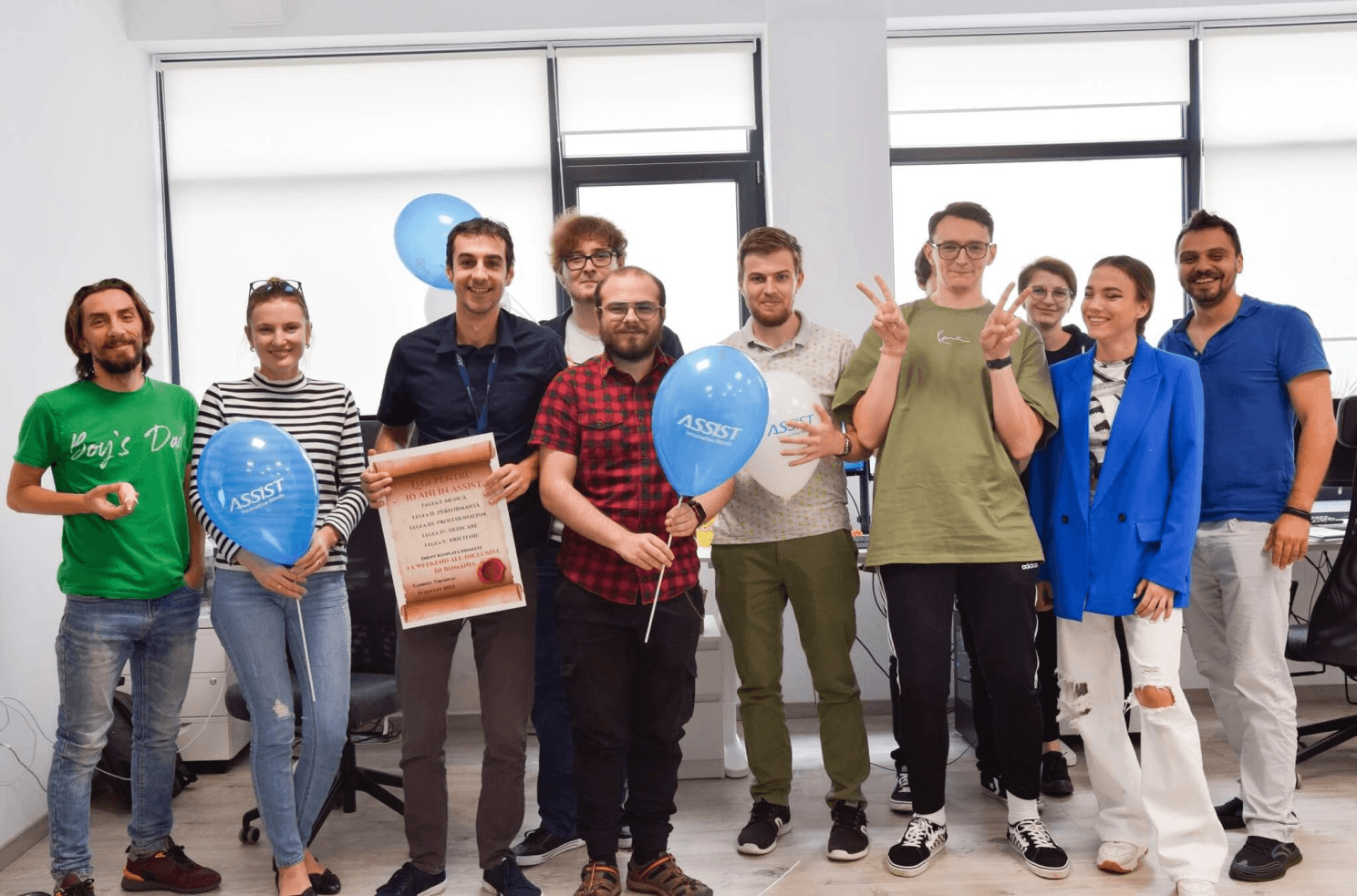
It sounds fancy, but a commitment to teamwork translates into rich opportunities to mentor others and leverage multidisciplinary skills on complex projects. ASSISTS's inclusive approach to problem-solving provides a platform where developers of all experience levels can contribute, learn, and lead.
The best hands-on example? "Best Innovative Minds." This internal innovation competition, overseen by Gabriel Tironeac, VP of Innovation, and Alexandru BOCA, Head of Mobile and Software Competition Enthusiast, allows every ASSIST Software employee to formulate an idea for a brilliant software solution and manage a team that can transform it into reality.
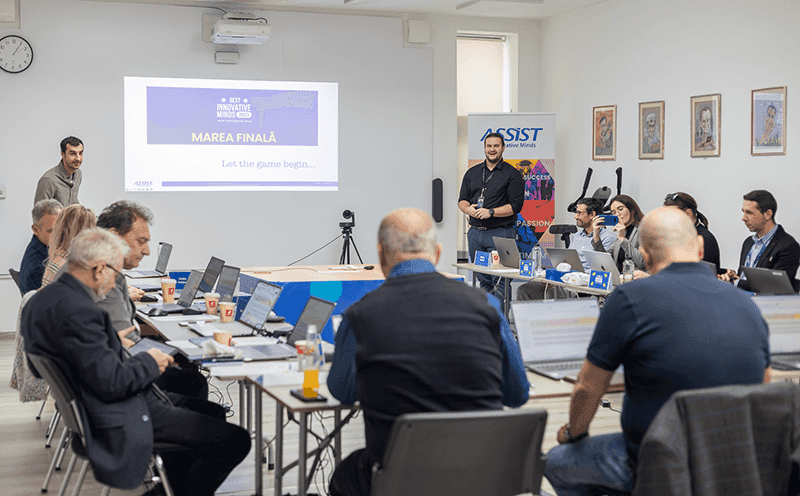
- Tip for Experienced Developers: Experienced engineers should step into leadership roles, formally or as mentors, where their expertise is recognized as part of a team's overall strength.
A Dynamic Environment for Seasoned Engineers
From AI solutions in predictive healthcare to real-time data processing tools, a curious mind needs projects that push boundaries.
Whether you're a new developer looking to find your path or a seasoned engineer ready for a more dynamic and meaningful role, Gabriel Tironeac's advice is clear: "If you're not passionate about what you're doing, it won't be sustainable." At ASSIST, passion and adaptability are more than welcome—they're essential.
Interested in finding out more about the brilliant event where we discussed career path changes for software engineers? See the Open Doors ASSIST after-movie.
